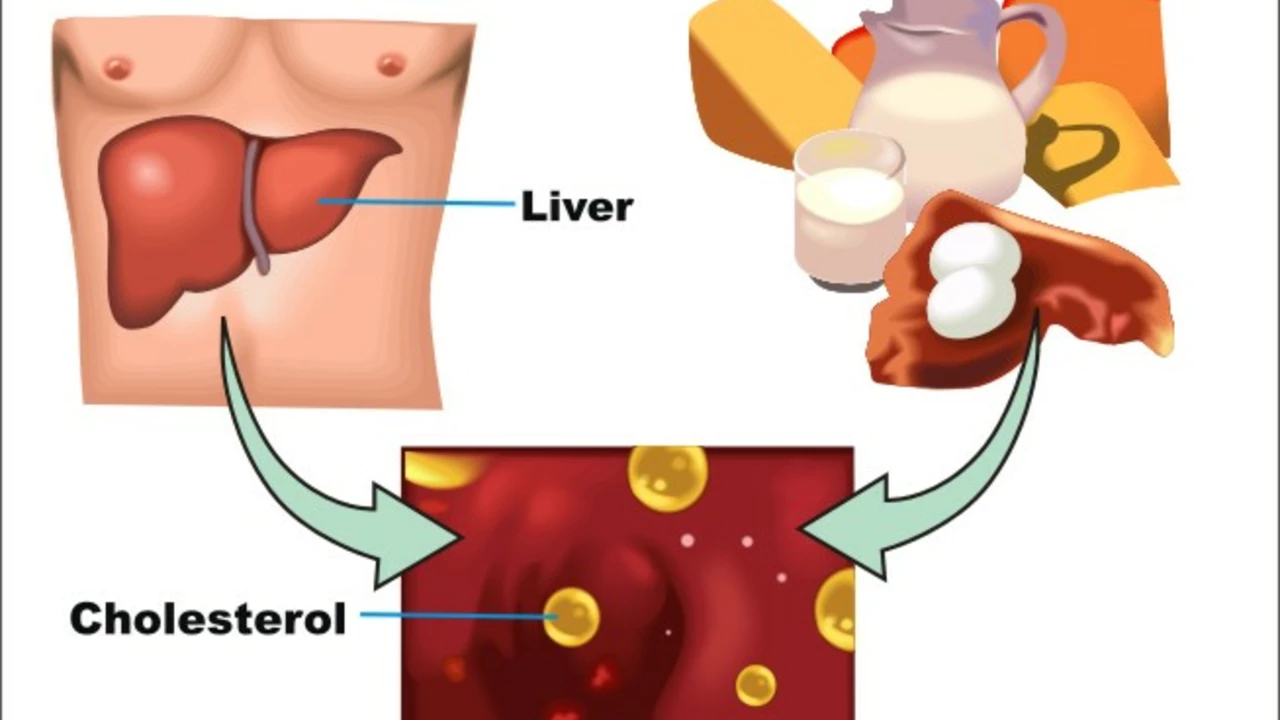Pregnancy Medication Guide: What’s Safe and What to Avoid
If you’re expecting a baby, every pill you pop feels like a bigger decision than usual. You want relief from headaches or allergies, but you also don’t want anything that could harm your little one. The good news? Most everyday meds have clear safety info, and you can make smart choices without guessing.
Common meds that are usually safe
First off, acetaminophen (Tylenol) is the go‑to pain reliever for most pregnant women. It handles mild fevers and aches without raising any red flags in studies. For allergies, antihistamines like loratadine (Claritin) and cetirizine (Zyrtec) are widely recommended – they won’t mess with your baby’s development and help you breathe easier.
When it comes to stomach upset, antacids that contain calcium carbonate (Tums) or ranitidine (Zantac) in low doses are considered safe. If you need a cough suppressant, dextromethorphan (found in many OTC syrups) is generally okay, but avoid codeine‑based products unless your doctor says it’s necessary.
Vitamin supplements can be a bit tricky. Prenatal vitamins that include folic acid, iron, and DHA are essential, but double‑check any extra herbal blends. Many herbs haven’t been tested in pregnancy, so it’s safest to stick with the standard prenatal formula.
Risks you need to watch for
Some drugs cross the placenta easily and can cause problems. NSAIDs like ibuprofen (Advil) should be avoided after 20 weeks because they can affect your baby’s heart and kidneys. ACE inhibitors, used for high blood pressure, are a no‑go throughout pregnancy – they’re linked to birth defects.
Antibiotics are not all the same. While amoxicillin is typically safe, drugs like tetracycline can stain a baby’s teeth and should be avoided. If you ever need an antibiotic, ask your doctor for one that’s listed as pregnancy‑friendly.
Even over‑the‑counter sleep aids or anti‑anxiety meds deserve a second look. Diphenhydramine (Benadryl) can cause drowsiness in both you and the baby, so use it only when absolutely necessary and under guidance.
The safest route is always to talk with your healthcare provider before starting any new medication – even vitamins or herbal teas. Bring a list of everything you’re taking, ask about alternatives, and make sure dosing instructions are crystal clear.
Remember, the goal isn’t to live in fear of every pill; it’s to stay informed so you can treat yourself without jeopardizing your pregnancy. Keep this guide handy, update it with any new meds you consider, and don’t hesitate to ask questions at each prenatal visit. Your health and your baby’s future depend on those simple, everyday choices.
High blood cholesterol levels: a guide for pregnant women
In my latest blog post, I delve into the topic of high blood cholesterol levels in pregnant women. This is a crucial issue as elevated cholesterol levels during pregnancy can have serious implications for both the mother and the child. The article explains why cholesterol levels naturally rise during pregnancy, how to keep them within a healthy range, and the potential risks if they become too high. It also provides tips on maintaining a balanced diet and regular exercise routine. This guide is a must-read for expectant mothers seeking to understand and manage their cholesterol levels for a healthier pregnancy.
More
